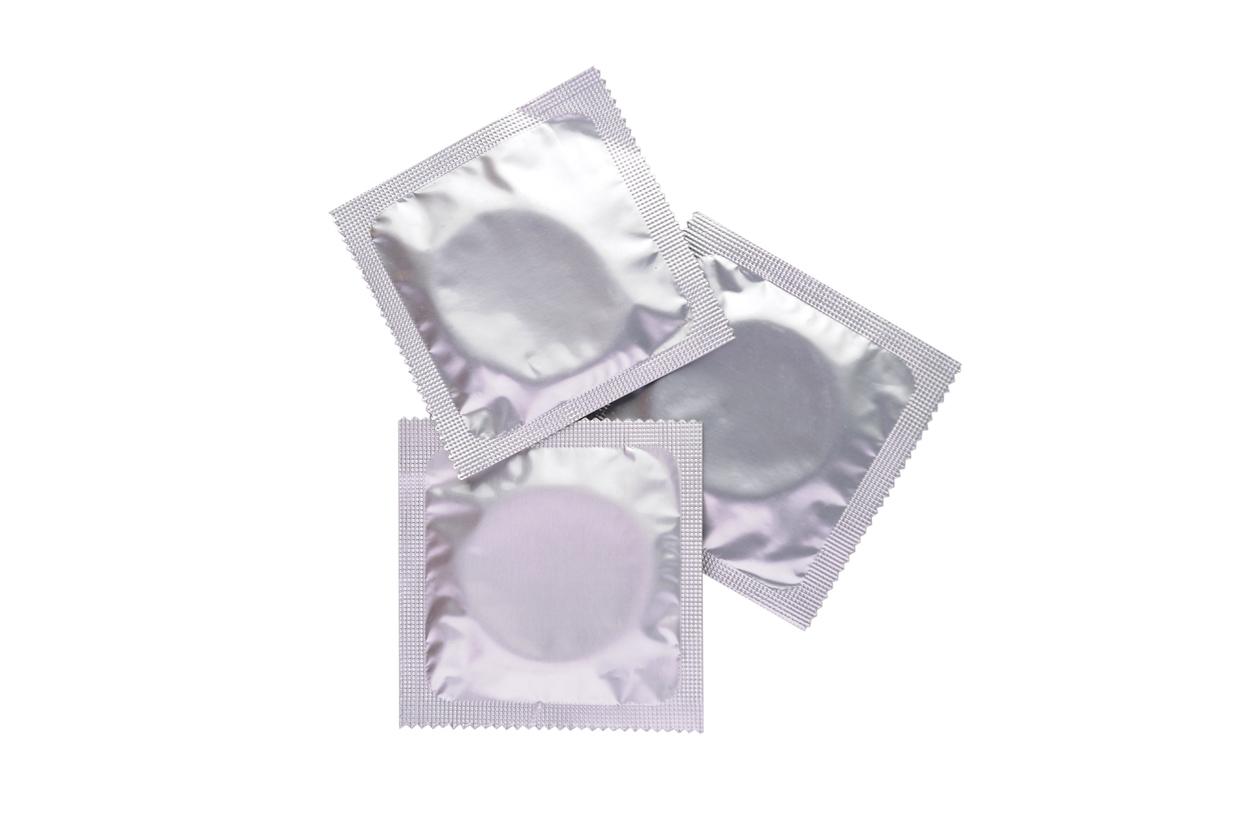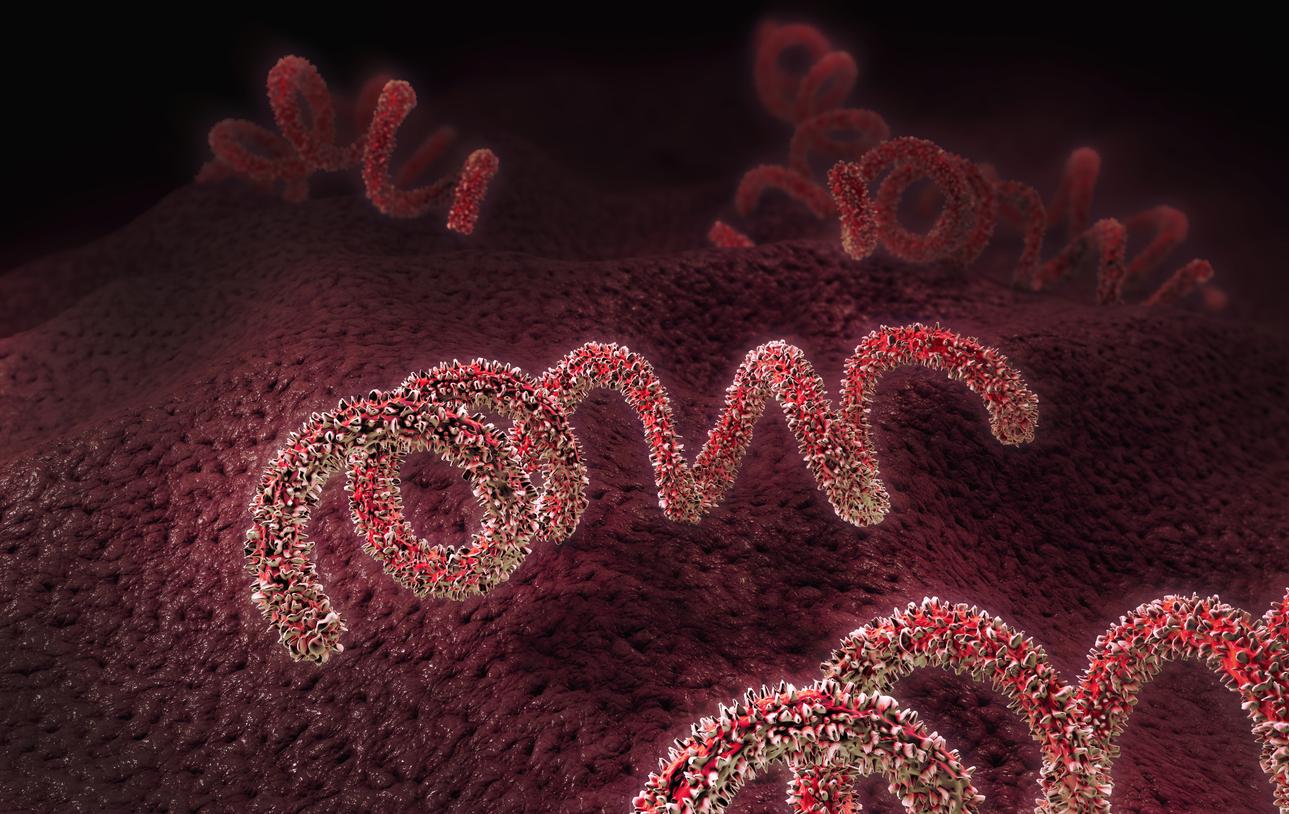Male masturbation isn’t just common among primates, including humans. It could also have benefits for reproduction and the prevention of sexually transmitted infections.

- Masturbation is a common practice but a taboo subject, marked by moral prohibitions, and therefore misunderstood.
- A study based on the practices of primates shows that male masturbation would promote reproduction and protect against STIs.
- The lack of research on this subject makes it impossible to show similarities in effects between male masturbation and female masturbation.
Masturbation is often considered taboo and misunderstood, but a new study published in the journal Proceedings of the Royal Society B, which is based on information from nearly 400 sources, including 246 published academic papers, reveals that the practice is common among primates, including humans, and has a long and complex evolutionary history.
Human beings have practiced masturbation for millennia, but the moral prohibitions and myths associated with it have long prevented understanding the advantages or disadvantages of this activity. It could actually be a beneficial and normal practice for a man’s sexual health.
The reproductive benefits of masturbation
According to the researchers, masturbation may increase reproductive success by releasing lower quality sperm and leaving fresh, high quality sperm available for mating.
The reproductive benefits of masturbation in animals have been observed in various species of primates, including baboons, macaques, and great apes. Indeed, primates often use masturbation to regulate their fertility. This sexual practice would have allowed them to adapt to their environment and survive.
Masturbation, a possible prevention against STIs
In addition to its reproductive effects, male masturbation may also reduce the risk of contracting a sexually transmitted infection (STI). According to one study published in The American Journal of Medical Sciences, this practice would be an important aid in the prevention of STIs. Indeed, it eliminates germs and bacteria from the urethra by pushing them out of the urethra during ejaculation, thus reducing the risk of contracting an infection. Masturbation can also be beneficial for women, as it also helps eliminate bacteria from the vagina and genitals.
A less clear role for female masturbation
While this study provides insight into the evolutionary significance of male masturbation, the researchers acknowledge that the significance of female masturbation remains less clear and needs more research. To date, there is not enough research on this practice to discover the similarities and differences with male masturbation in the various areas of the pros and cons of this sexual practice.

















